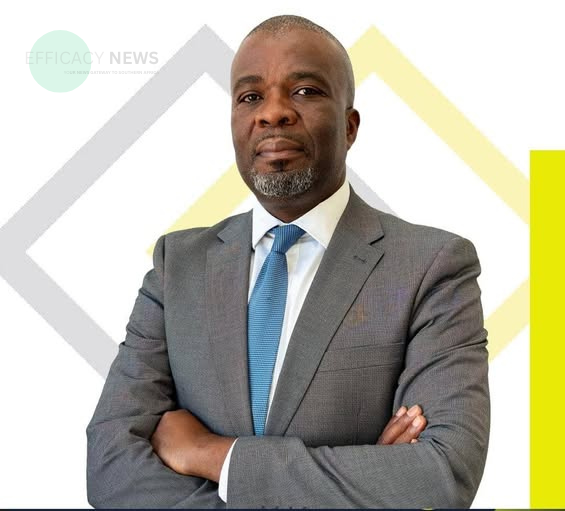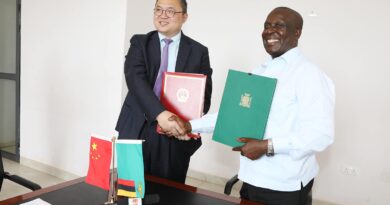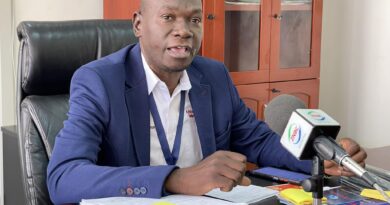Zambia’s Capital Markets Record Strong Growth Amid Rising Fraud Concerns
Zambia’s capital markets have posted significant growth in the second quarter of 2025, with major gains in market capitalisation, investor participation, and collective investment schemes, the Securities and Exchange Commission (SEC) has reported.
SEC Chief Executive Officer Phillip K. Chitalu told journalists in Lusaka that market capitalisation grew by 15% to K296.2 billion, pushing the market capitalisation-to-GDP ratio to 53.1%. The figure already surpasses the 2027 Capital Markets Master Plan target of 30%, bringing total savings in the market to K304.4 billion, or 55% of GDP.
Chitalu, however, cautioned that the market remains heavily concentrated in Shoprite Plc, which accounts for more than 60% of Zambia’s equity market. “Excluding Shoprite, the market capitalisation-to-GDP ratio drops to 19%, underscoring the urgent need to diversify and expand participation,” he said.
Investor participation has risen sharply to over 1.1 million, up from just 120,000 five years ago. Collective Investment Schemes also expanded, with assets under management increasing 4.25% to K3.3 billion, largely driven by digital platforms that have made investing more accessible for ordinary citizens.
“Mobile technology has made investing more convenient and inclusive, opening opportunities for Zambians to participate in the growth of our capital markets,” Chitalu added.
The Lusaka All Share Index (LASI) surged 23.42% to close at 20,214.88 points, compared to 5.9% in the previous quarter. Key drivers included Copperbelt Energy Corporation (+56%), ZCCM Investments Holdings (+44%), and British American Tobacco Zambia (+55%).
Despite the positive performance, Chitalu highlighted liquidity as a continuing challenge, with trading concentrated among a few companies. “Low liquidity continues to undermine price discovery and limits exit and entry options for investors,” he noted.
On reforms, the SEC chief said the regulator had achieved three of its 2024 short-term targets under the Capital Markets Master Plan and made progress on five of ten key performance indicators. These included participating in the IMF/World Bank Local Currency Bond Market Diagnostic Mission and conducting a market attractiveness survey to address barriers to listing and capital raising.
Chitalu also raised concerns over the spread of fraudulent investment schemes, noting that three major scams had been uncovered in the quarter. “These are not licensed or authorised entities. Their products have not been approved for sale in Zambia. We have issued alerts and urge citizens to remain vigilant,” he said.
To combat fraud, SEC has intensified awareness campaigns through radio, webinars, schools, and the distribution of educational materials, while collaborating with law enforcement agencies to prosecute offenders.
The regulator will also launch World Investor Week, a capital market debate and essay competition, student industrial tours, monthly town halls, and an expanded Capital Markets Ambassador Programme to promote financial literacy.
“Building a resilient, transparent, and inclusive capital market is not just a regulatory mandate but a national priority,” Chitalu concluded.



